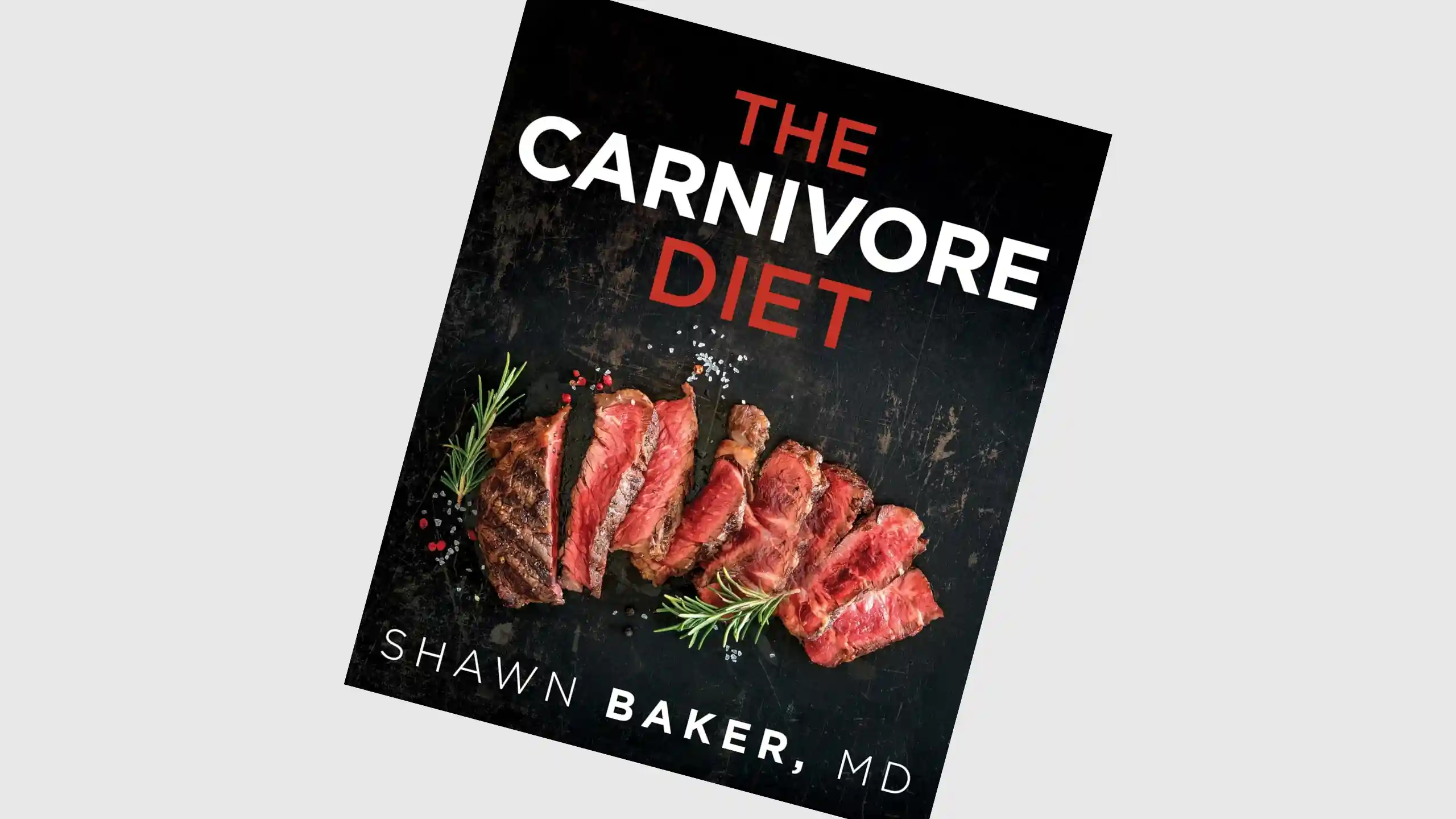Hikers face a brutal reality: muscles break down on long treks. Enter the choice many have taken to explore a carnivore diet, nature's energy and protein powerhouse. This meat-centric approach isn't just another fad - it's backed by science, delivering valuable protein and fat.
While athletes have long debated ideal nutrition strategies, the carnivore diet has emerged as a controversial contender in the muscle recovery arena. The science behind it is pretty clear and growing by the day in similar ketogenic diets: consuming enough bioavailable protein, like beef, provides the proper building blocks needed for efficient muscle repair after strenuous activity.

Carnivores' emphasis on real simple animal proteins helps to deliver a potent bolus of essential amino acids, creatine, and bioavailable nutrients. These aren't just fancy words - they're the literal foundation of muscle recovery.
The high fat content, typically above 70% of total calories, supports hormone production and provides steady energy for those long miles and trails. Who knew since fat has been so demonized that it could prove so useful? Focusing on ruminant meats like beef and lamb ensures optimal nutrient density for muscle development. Muscle protein synthesis continues for up to 24 hours after exercise, making protein timing crucial throughout the day.
Timing matters in the muscle recovery game.
The carnivore approach makes it easy to hit the sweet spot of 20-30g protein per meal, especially within that vital 30-60 minute post-hike window. And here's something interesting - pre-sleep protein intake might actually enhance overnight recovery. Nature's midnight snack, if you will.
But it's not just about protein. The diet serves up a hefty dose of micronutrients - B vitamins, zinc, and iron - all readily available in their most bioavailable forms.
Speaking of electrolytes, the carnivore diet typically increases sodium and general electrolyte needs. No one wants to be that person who bonks on the trail because of electrolyte imbalance.

There are, nonetheless, some eyebrow-raising concerns. The initial adaptation period can be rough - like really rough. The lack of carbohydrates might affect glycogen replenishment, and individual responses vary widely.




